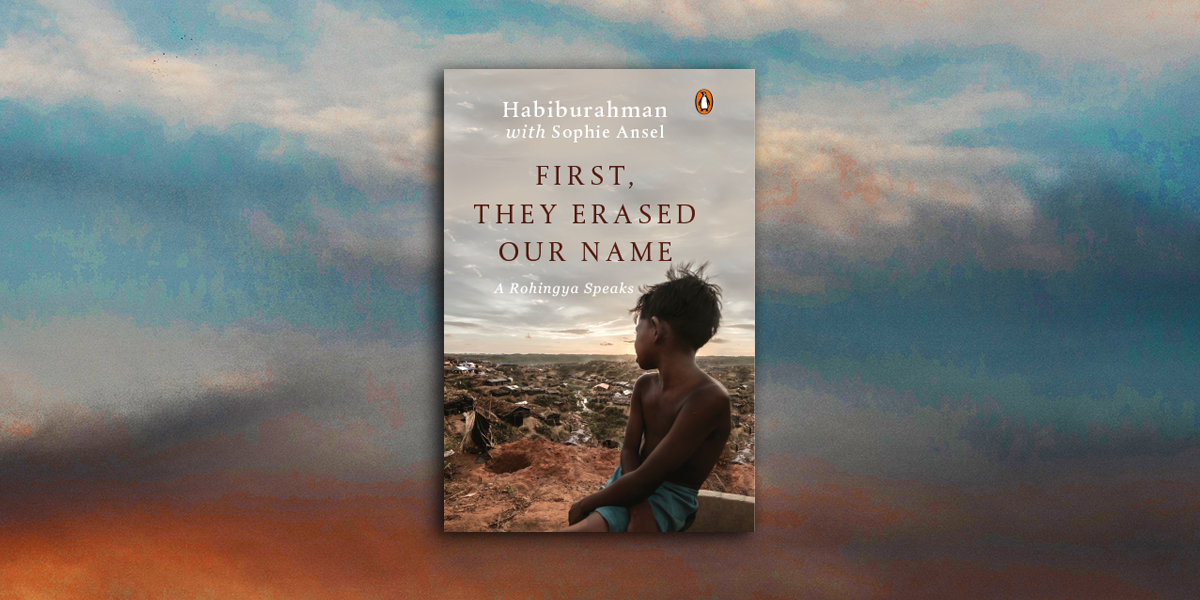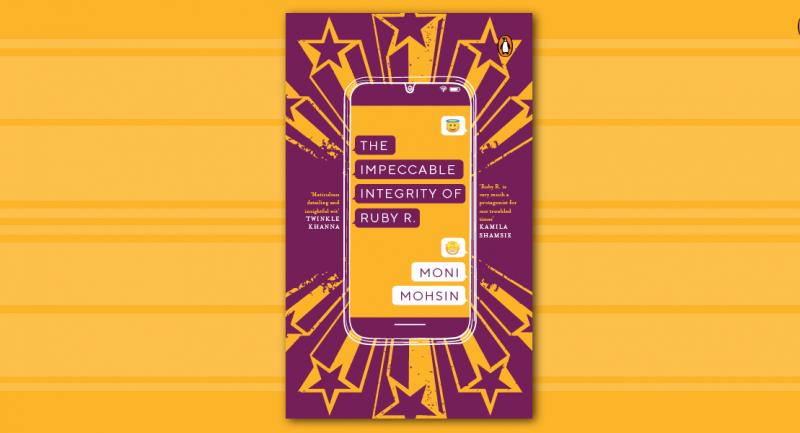
In First, They Erased Our Name, for the first time, a Rohingya speaks up to expose the truth behind a global humanitarian crisis. Through the eyes of a child, we learn about the historic persecution of the Rohingya people and witness the violence young Habiburahman endured throughout his life until he escaped the country in 2000.
The narrative is an intimate and personal portrayal of trauma that endures even today. Here is a glimpse into Habiburahman’s story of survival and his struggles to exist:
“The dictator U Ne Win has presided over a reign of terror in Burma for decades. In 1982, he has a new project. He is planning to redefine national identity and fabricate an enemy to fuel fear. A new law comes into force. Henceforth, to retain Burmese citizenship, you must belong to one of the 135 recognised ethnic groups, which form part of eight ‘national races’. The Rohingya are not among them. With a stroke of the pen, our ethnic group officially disappears. The announcement falls like a thunderbolt on more than a million Rohingya who live in Arakan State, our ancestral land in western Burma. The brainwashing starts. Rumours and alarm spread insidiously from village to village. From now on, the word ‘Rohingya’ is prohibited. It no longer exists. We no longer exist.
I am three years old and am effectively erased from existence. I become a foreigner to my neighbours: they believe that we are Bengali invaders who have entered their country illegally and now threaten to overrun it. They call us kalars, a pejorative term expressing scorn and disgust for dark-skinned ethnic groups. In a different time and place, under different circumstances, kalar would have meant wog or nigger. The word is like a slap in the face; it undermines us more with each passing day. An outlandish tale takes root by firesides in thatched huts across Burma. They say that because of our physical appearance we are evil ogres from a faraway land, more animal than human. This image persists, haunting the thoughts of adults and the nightmares of children.
I am three years old and will have to grow up with the hostility of others. I am already an outlaw in my own country, an outlaw in the world. I am three years old, and don’t yet know that I am stateless. A tyrant leant over my cradle and traced a destiny for me that will be hard to avoid: I will either be a fugitive or I won’t exist at all.”
Habiburahman’s First, They Erased Our Name is an urgent, moving memoir about what it feels like to be repressed in one’s own country and a refugee in others. It gives voice to the voiceless.









